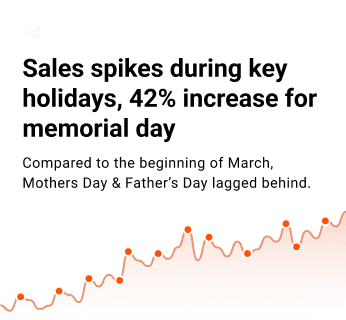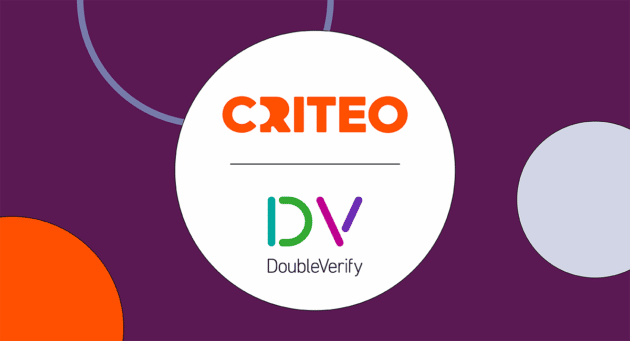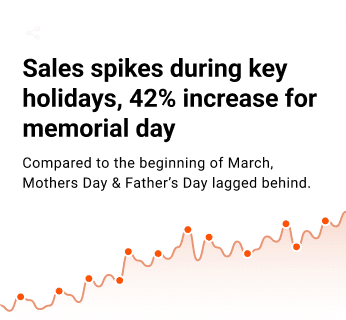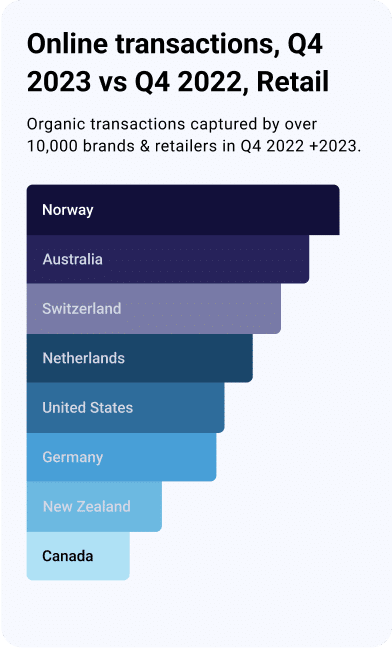The newly established Women@Criteo BOS group hosted, “Coffee with Mollie” last week with Criteo’s very own Chief Operating Officer, Mollie Spilman. Elena Gulotta, a manager on the Boston Account Strategy team, facilitated the conversation while female employees asked questions live.
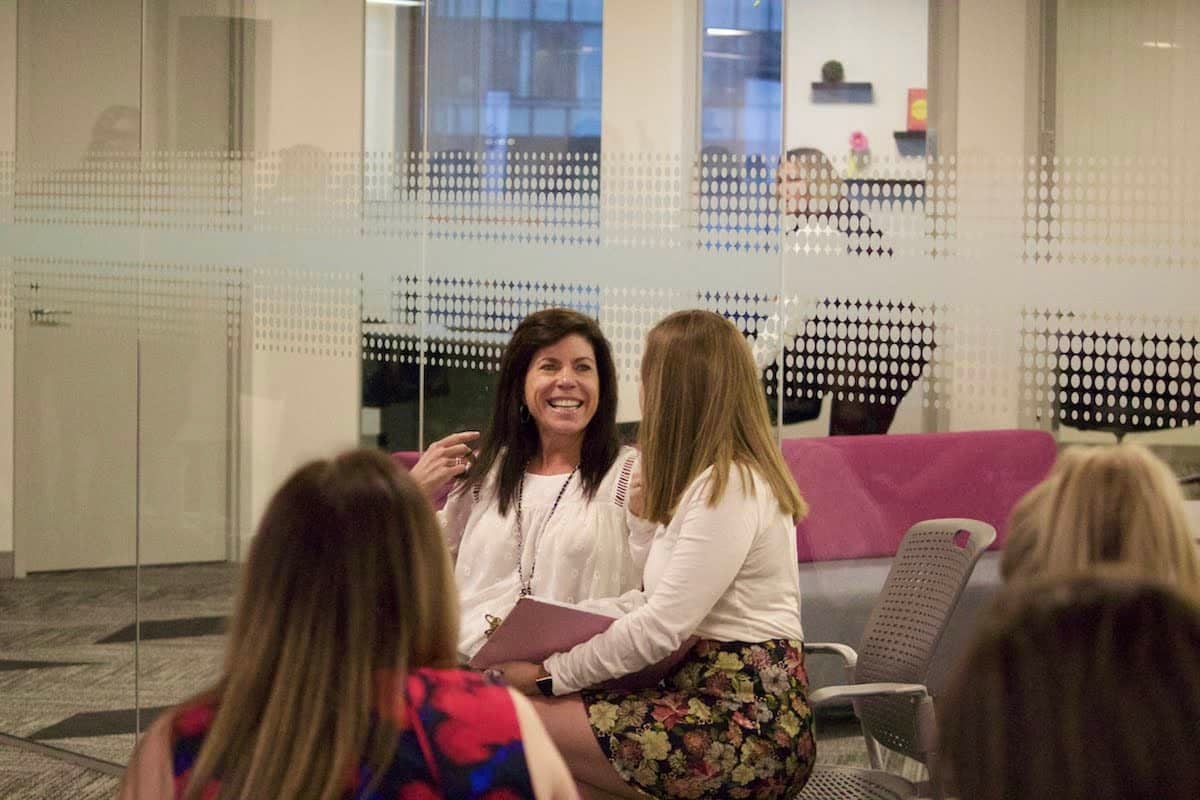
The discussion highlighted the challenges of being a female leader and working parent, as well as other personal and professional advice for women at Criteo. Here were the highlights.
Elena Gulotta: “What did you want to be when you grew up?”
Mollie Spilman: “Wonder Woman”
EG: “Are there female leaders that you look up to in our industry?”
MS: “One of the people I look up to is Sheryl Sandberg from Facebook, and not because she wrote a great book called Lean In, but when you think about what she’s done in her career and in politics — and then making the decision to move to Facebook and what she’s been able to do there professionally.
And then personally, she lost her husband and stayed resilient. She’s very much an advocate of women in the workplace and being a working mom. Now she’s a single working mom, and she would leave the office at 6 o’clock every day to be there when her kids were doing their homework. And she’s got this huge job and nannies and what not but she’s like, ‘No, I have to be there.’ So it made it okay for everybody else to follow suit.”

EG: “On that note, you are also a working mom and in 2015, you wrote an article for Quartz magazine where you shared advice for working moms or millennials planning a family. Would you be able to elaborate on that advice?”
MS: “It’s not like I mapped out, ‘Here’s how I’m going to be a working mom’, but you just have to be true to yourself. I think what I meant in that article is that I aim for work-life balance on a yearly basis. There are days when I feel like I’m not even thinking about my family, I’m only thinking about work. And then there are also times when I’m only thinking about my family and I’m not thinking about work.
Earlier in my career this used to make me feel guilty: I thought I needed to split my time evenly, and I came to realize that it isn’t realistic to think that you can have the perfect balance every day, every week or even every month, because things just happen in your personal life or work life. And so overall I aim for that balance in the long term, and I feel like I have that. But I also orchestrate my life so that I have that, and I feel like I am very transparent with people in my life so I can achieve that.
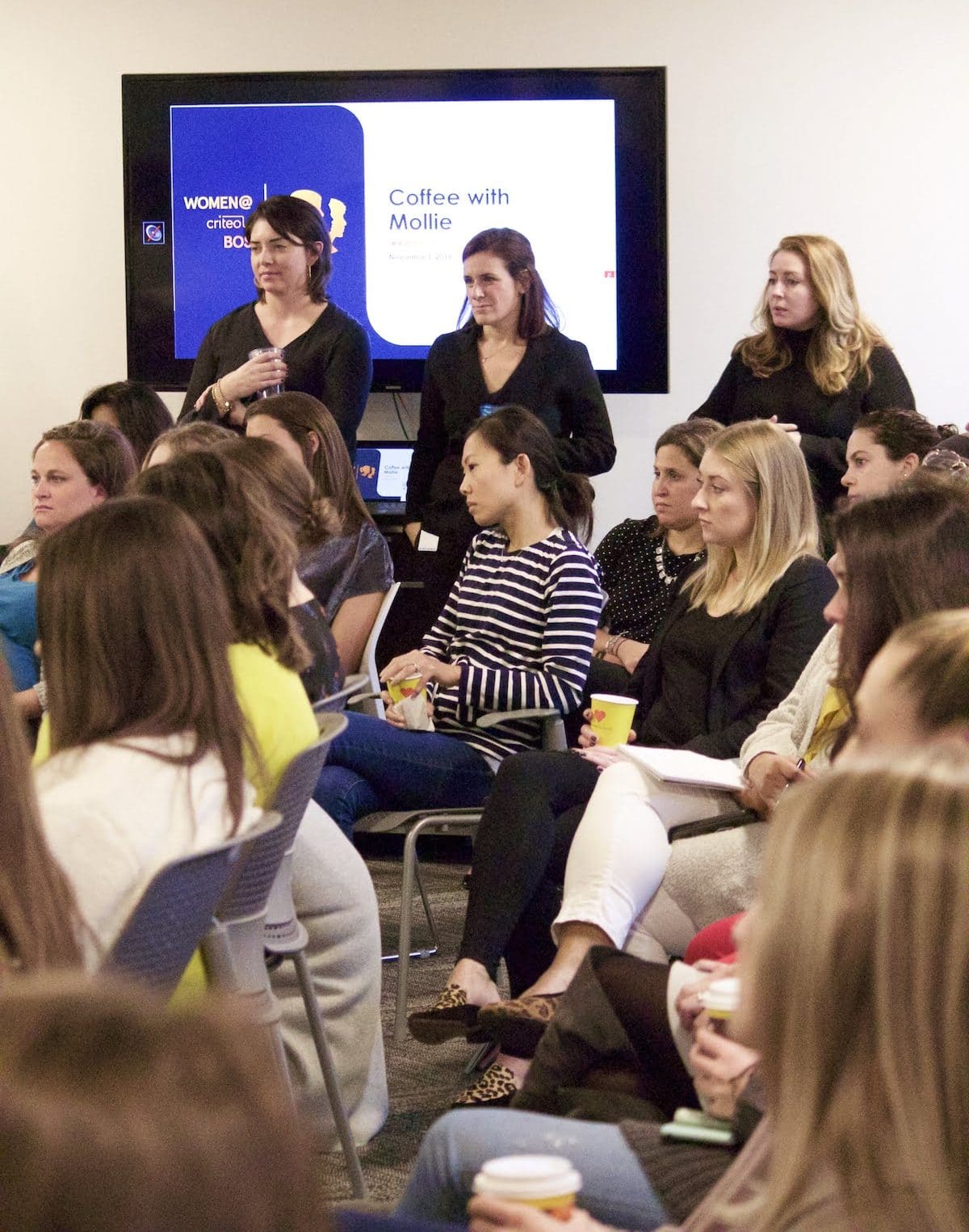
EG: “Have you experienced being one of the few women in the room? And if so, do you do anything differently to make sure your voice is heard and that it is heard equally?”
MS: “So I am usually the only chick in the room. At my last company, I was the only female executive. And I think one of the reasons I have been successful in my career is because I don’t look at people around me in terms of gender or ethnicity. I also just act like myself. I am confident in what I know. I’m not shy, so I don’t make the fact that I’m a female my story or feel like I’m the token female.”
EG: “How do you define success and do you feel that the bar is higher for women?”
MS: “I don’t necessarily feel like the bar is higher for women. However I do feel that if you are a woman, it gets called out more. For example people will say, ‘Mollie has had such a successful career in ad tech as a woman’, rather than as a professional. But for me success is not personal but as a team.
I feel successful when everyone around me feels successful. I had always played team sports growing up so it was always that you train as a team, win as a team and you lose as a team. So for me, winning and being successful is always about my team. I don’t think I’ve ever felt particularly successful in a situation if the company and the people around me weren’t winning.”

EG: “Since you started at Criteo in 2014, what progress have you seen made in our culture to promote diversity and inclusion?”
MS: “When I first got here, diversity wasn’t a conversation at the table. I remember bringing it up in a meeting and saying, ‘Don’t you think we should have programs and a more diverse leadership group?’ It’s a difficult topic because you don’t want to mandate diversity. But on Criteo’s board, we actually did decide we wanted 50% of the board to be women, and we’ve made that happen.”
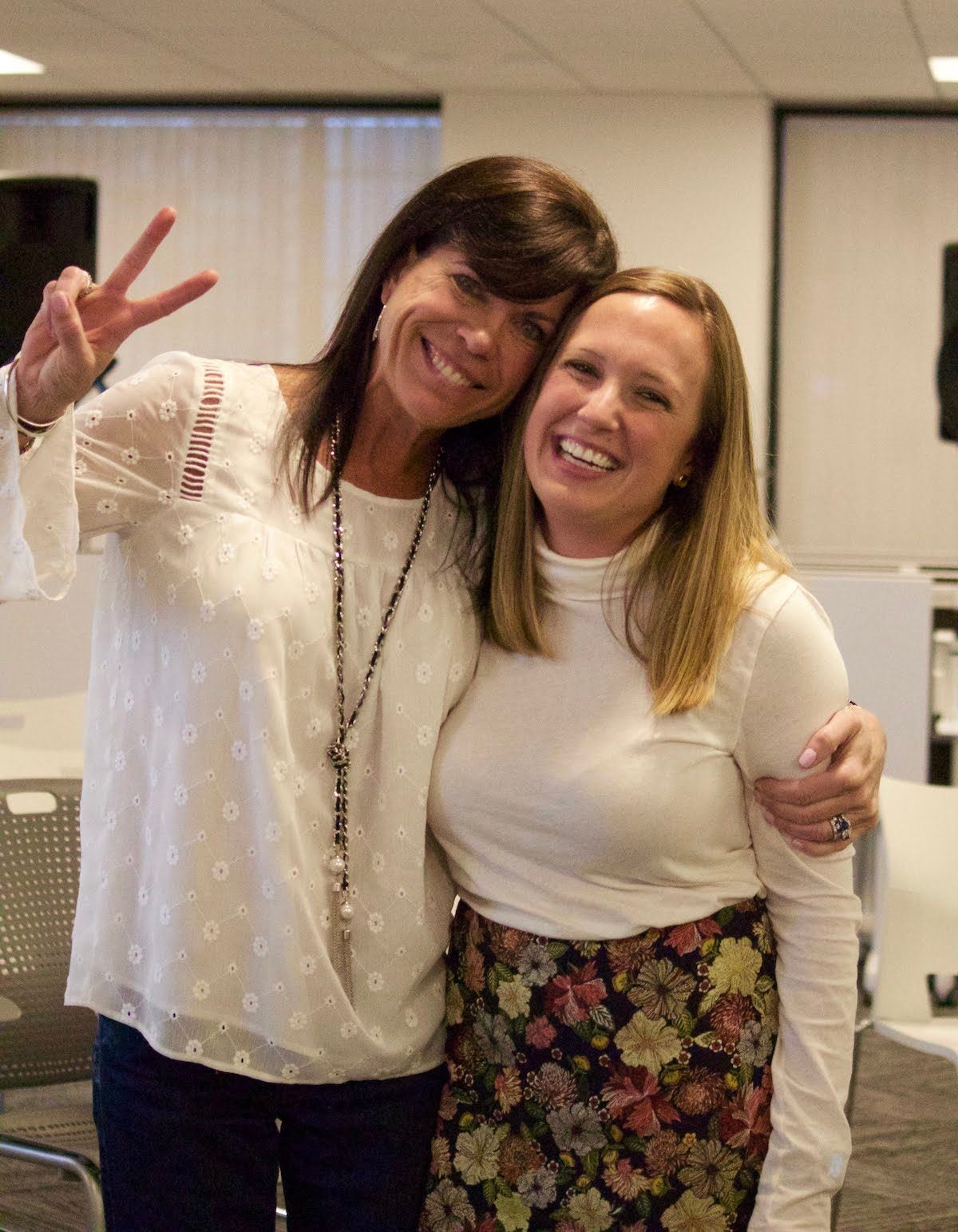
MS: “I think number one, I totally see a difference in the mentality of leadership at this company around diversity and inclusion from when I first started. And number two is that we have programs. We’ve had an outside consultant come in to study the company and make recommendations of things we can put in place to assist us in this direction. So there is both top down things that are happening and ground up things that are happening, such as this women’s group moving us in the right direction.”











